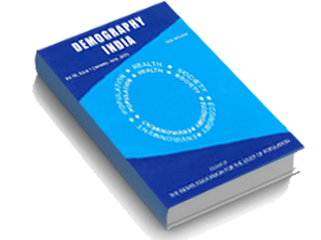
Importance of Scholarship Scheme in Higher Education for Students from the Deprived Sections
Working Paper No- 395
Given the challenges faced due to declining public budgets on education on one hand and the need for more resources on the other, many developed and developing countries such as India, are now examining alternative methods of subsidizing higher education to benefit students from the deprived sections. One such mechanism is scholarship schemes for students. A scholarship scheme is not a new phenomenon in India. Scholarship Schemes have been in operation in India since 1961. This paper critically examines 24 scholarship schemes provided by the central government and, the paper examines the private expenditure of students on their higher education. The study provides us with some interesting observations such as (1) The GER (Gross Enrollment ratio) of all categories is 26.3% in higher education but when we exclude SC (scheduled caste) and ST (scheduled tribe) from it; then GER for all other categories increases to 28.25%. (2) The share of means-based scholarship schemes is less in comparison to means cum merit and merit-based scholarship schemes. (3) Student’s private expenditure on course fees is more than 65%, but only 46% of scholarship schemes cover both the course fees and the maintenance cost of the students. (4) The average private expenditure of students on maintenance cost in general degree courses is ? 7,078 and for technical/professional degree course it is ? 17,769; however, the maintenance amount provided by 70 % of the scholarship schemes is less than 5,000 rupees. The study concludes that the current scholarship schemes are making little contribution to either the efficiency or equity of the higher education system in India. The existing lacuna in Indian scholarship schemes can be corrected by doing some alterations in the policies, such as: (1) the government should be more focused on the means-based scholarship rather than merit-based. (2) The scholarship amount for both the course fees and the maintenance cost should be revised every 5 years and, (3) A greater number of scholarship schemes should cover the course fees of the students.
Find on this page
Contact Us
Institute of Economic Growth, University Enclave, University of Delhi (North Campus),
Delhi 110 007, India
contact-us@iegindia.org
+91-11-27666364/6367, 27667101/7288/7365/7424
+91-11-27667410


